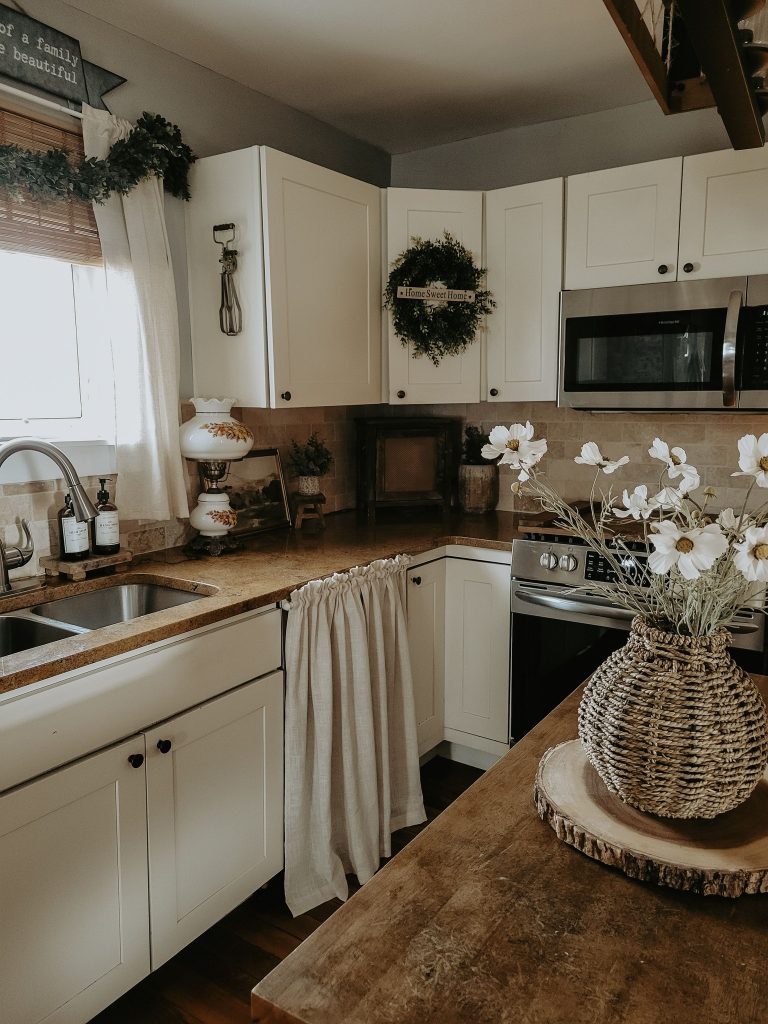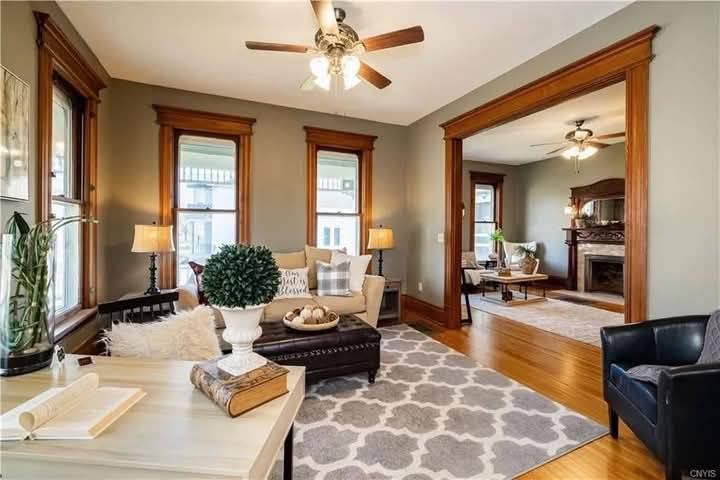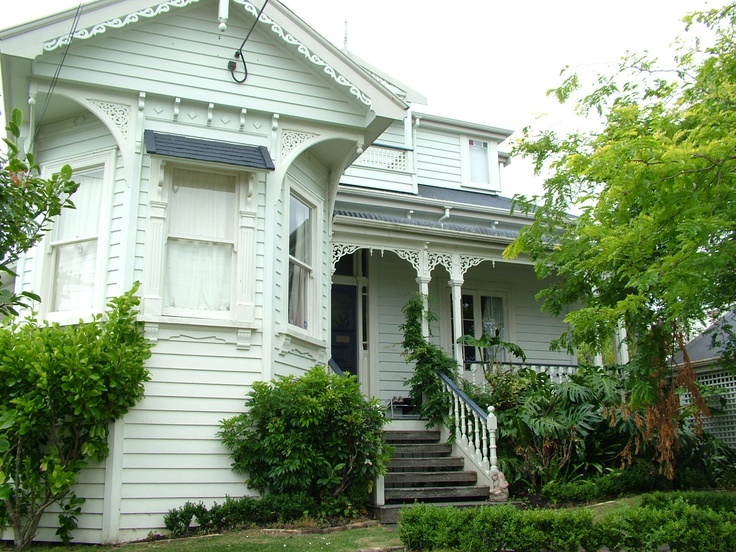Buying an old house in the U.S. can be a great decision if you love living spaces that carry historical value and classic architecture. However, to protect your interests and avoid legal risks, it is crucial to understand the legal issues that may arise during the process of buying an old home. Here are key things you should keep in mind when purchasing an old house in the U.S.
1. Preservation Regulations and Historic Districts
One important legal aspect when buying an old house is understanding preservation regulations, especially if the house is located in a historic district or listed on the National Register of Historic Places. Old houses often have high historical value, so local authorities may impose strict rules on renovations or repairs.
Before purchasing, check whether the house is located in a historic preservation district. If it is, you may be required to preserve the architectural integrity of the house and limit changes to its exterior appearance. This could impact your renovation plans or future repairs.
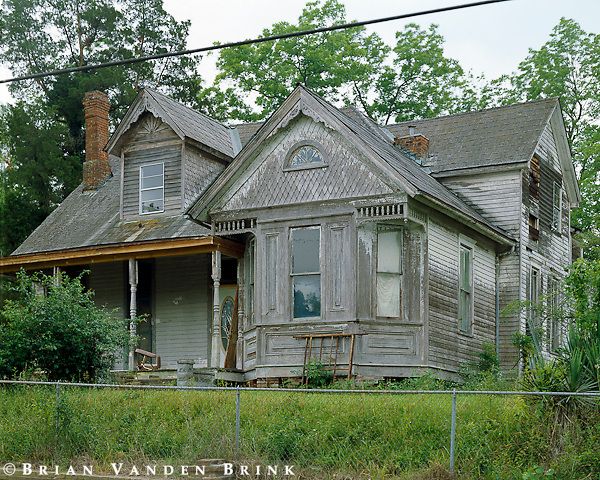
2. Verify Ownership Rights
Before deciding to buy an old house, it’s important to verify the ownership of the property. This includes checking documentation to ensure that the seller is the legal owner of the house and that there are no ownership disputes. Ensure the house is not mortgaged or encumbered with any unpaid debts.
Additionally, you should check whether there are any ongoing legal disputes related to the house, such as compensation lawsuits, neighbor complaints, or issues with government agencies.
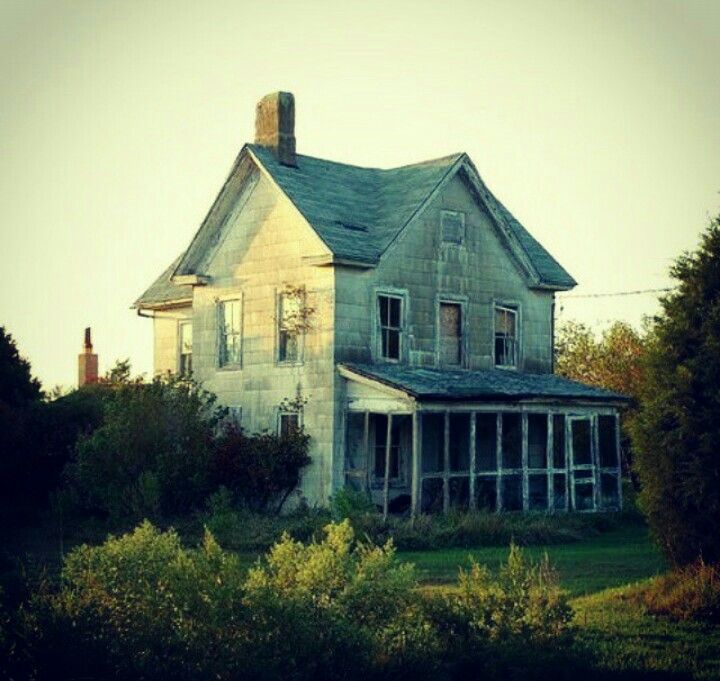
3. Necessary Legal Documents When Buying an Old House
When buying an old house in the U.S., several important legal documents need to be prepared and carefully reviewed. These documents include the sales contract, title deed, and documents related to the legal status of the property.
To ensure transparency in the transaction, you should ask the seller to provide information regarding property taxes, maintenance fees, and past repairs. Make sure you fully understand the legal status of the house before signing any contracts.
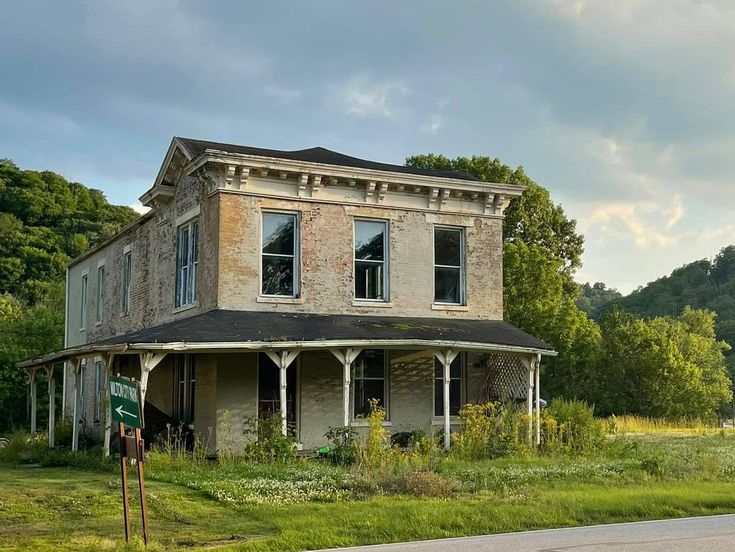
4. Renovation and Repair Regulations
A critical consideration when buying an old house is understanding the regulations around renovation and repairs. Old houses can have various structural issues, electrical or plumbing problems, or architectural details in need of attention. If you plan to make repairs or renovations, you must familiarize yourself with the legal requirements for such work.
If the house is preserved or located in a historic district, you may need to obtain permission from local authorities before performing any renovations. This includes replacing windows, changing paint colors, or even altering room layouts.
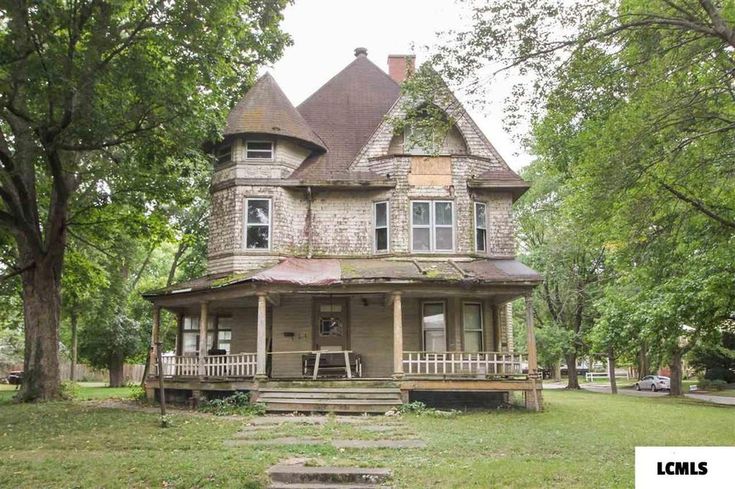
5. Property Taxes and Related Costs
When purchasing an old house in the U.S., you need to consider property taxes and ongoing maintenance costs. Property taxes are an important factor that can influence the overall cost of ownership. The tax rate can vary depending on the area and condition of the property.
In addition to taxes, you should also budget for maintenance, repairs, and potential renovations. Older homes often require more effort and expense to maintain, particularly if they have structural issues or need to be updated to meet modern standards.
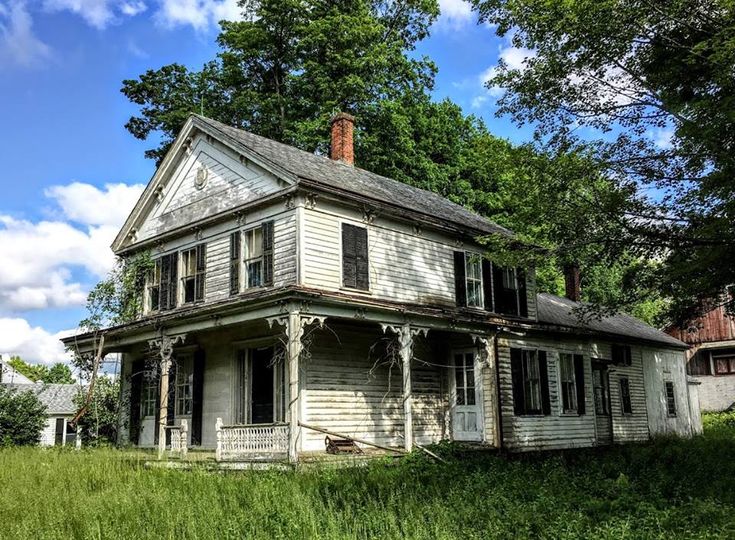
6. Legal Process for Signing the Purchase Agreement
After reviewing all the legal aspects mentioned above, you need to be prepared to sign the sales contract. The purchase agreement will outline key terms such as the sale price, transaction timeline, and financial conditions. Make sure you read the contract carefully and discuss it with an attorney or real estate agent to ensure that the terms are fair and that there are no legal risks involved.
Buying an old house in the U.S. can offer significant benefits in terms of historical value, architecture, and investment potential. However, to avoid legal complications, it’s important to understand preservation regulations, verify ownership, prepare the necessary legal documents, and follow repair and renovation rules.
Always consult with real estate professionals and attorneys when buying an old home to ensure that you make an informed decision and avoid unnecessary legal risks.

